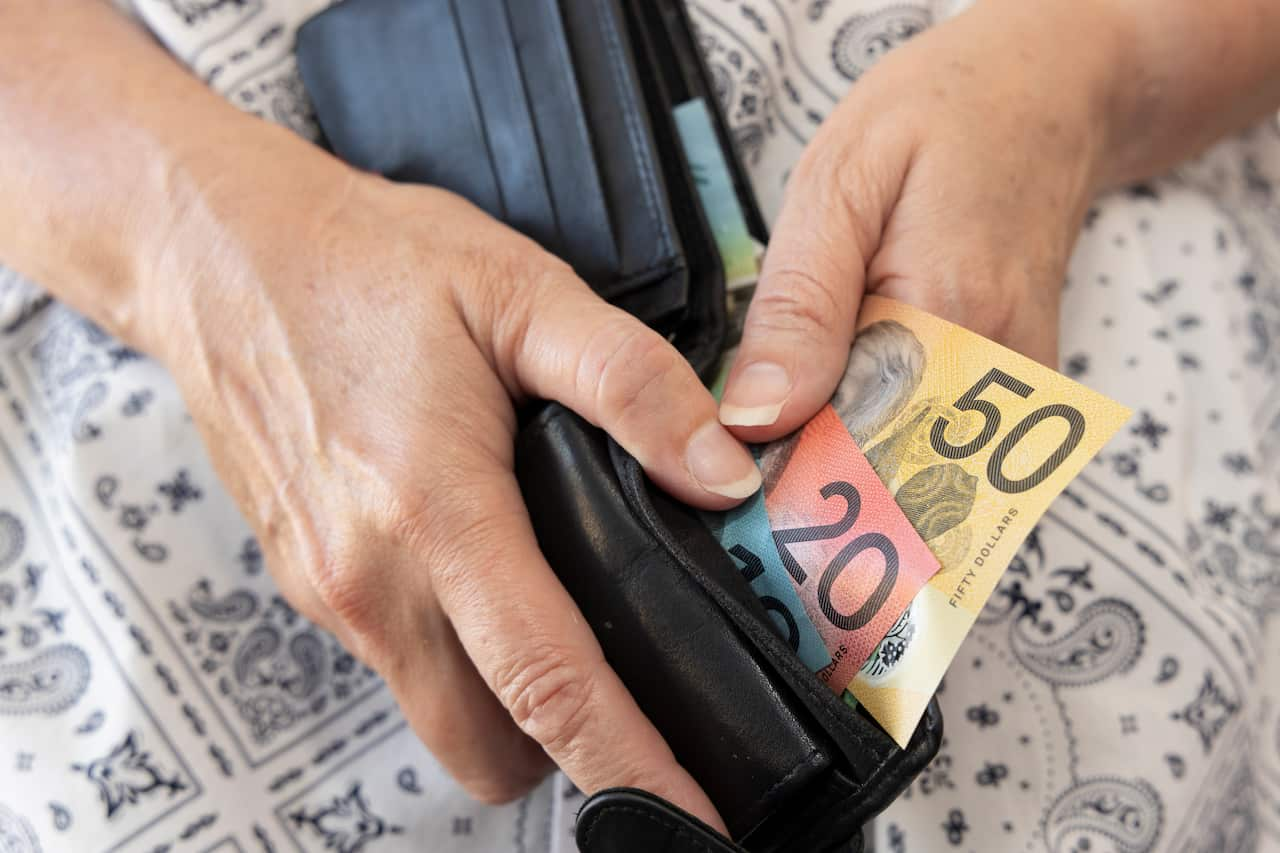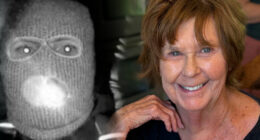Share this @internewscast.com
“When people hear that the cost of living situation is improving, they might hope for prices to decline and for relief to be near. But actually, costs aren’t decreasing for them, and they still require our aid just as much.”
Household spending ticks up
Many anticipated that the bank would reduce the cash rate in response to inflation, with the Consumer Price Index for May dropping to 2.1 percent from 2.4 percent in April.

According to an analysis by the Commonwealth Bank, household spending increased for the third straight month in June, rising by 0.3 percent after previous increases of 0.4 percent in both April and May. Source: Getty / Traceydee Photography
The annual trimmed mean inflation — which doesn’t include major price swings and is the RBA’s preferred measure — was at 2.4 per cent, down from 2.8 per cent in April.
In the March quarter it rose to 5.2 per cent, according to the Australian Bureau of Statistics.
Reasons for optimism, or a crisis still ‘far from over’?
“Around 80 per cent of people haven’t adjusted their repayments [since the cute were introduced],” he said. “So effectively, rather than taking the extra money, people are just paying down debt faster, which suggests that they’re not increasing their spending in response to this cutting interest rates, which tells me that they’re still quite worried and uncertain about the future.”

Australians with mortgages haven’t changed their behaviour significantly since the RBA started introducing rate cuts, according to economist Matt Grudnoff. Source: AAP / Bianca De Marchi
When people are uncertain and worried about the economy, “their first reaction is to kind of pay down debt and get ahead in order to build a buffer against any future kind of shock,” he said.












